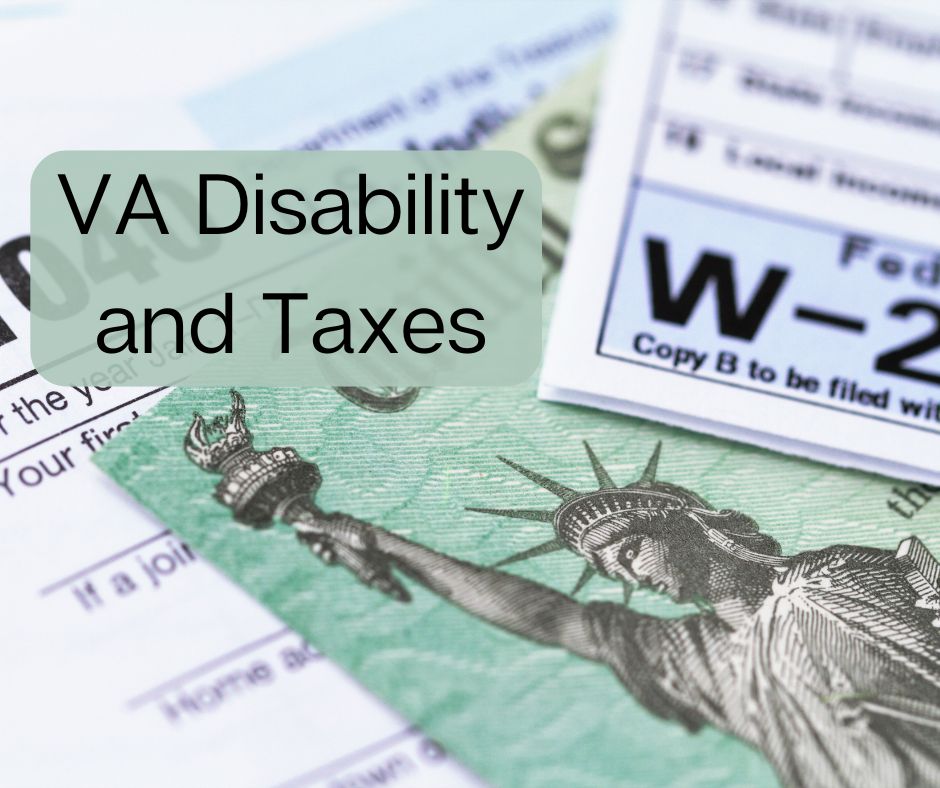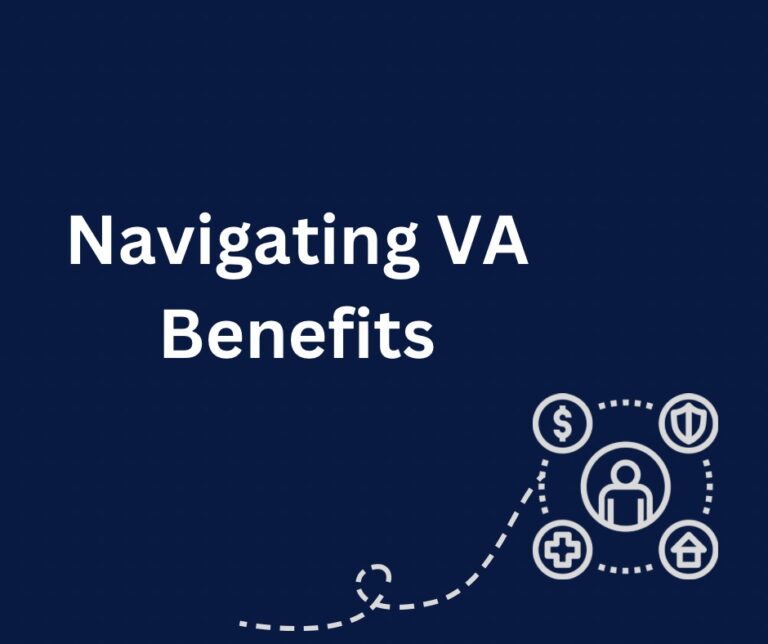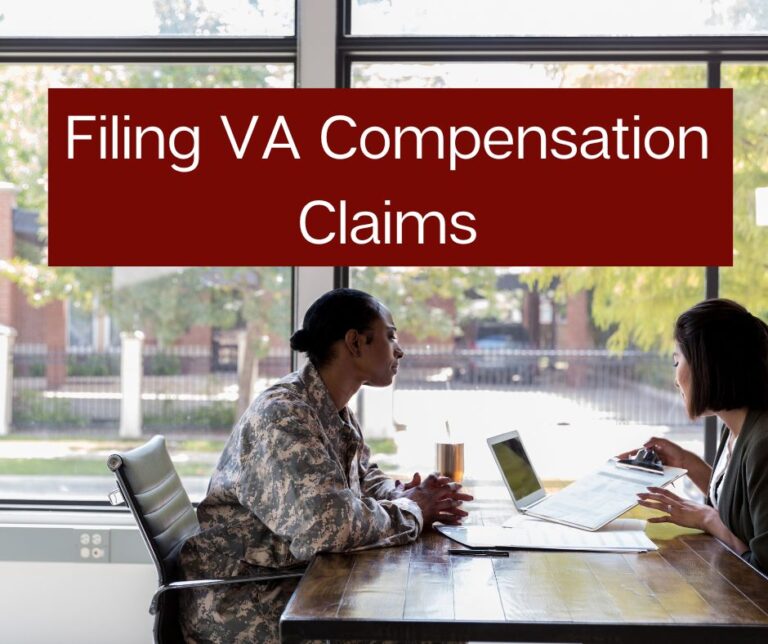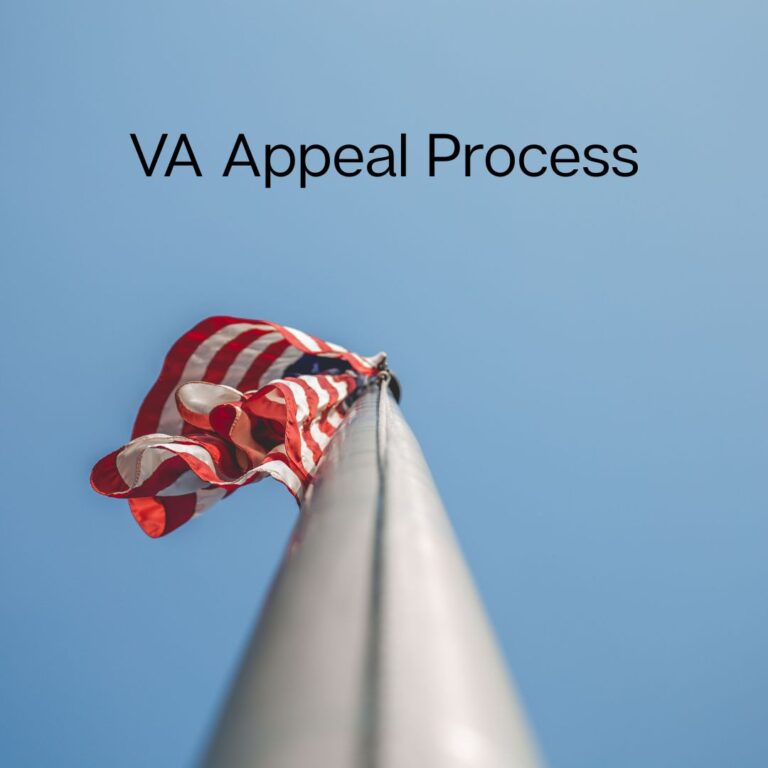Is Your VA Disability Compensation Taxable? Unveiling the Truth
BLUF – Bottom Line Up Front
VA disability compensation is generally not taxable. According to the Internal Revenue Service (IRS), VA disability benefits are tax-exempt and should not be included as income on your federal tax return. You don’t have to pay federal income taxes on your VA disability payments. So, if you receive VA disability benefits, you can rest assured that they won’t impact your tax liability.
VA Disability Compensation is not taxable because:
- Legal Exemption: The Internal Revenue Service (IRS) specifically exempts VA disability benefits from federal income taxes. These benefits are considered tax-exempt and should not be included as income on your federal tax return.
- Purpose of VA Disability: VA disability compensation is designed to provide financial support to veterans who have service-connected disabilities. It aims to compensate for the impact of these disabilities on their quality of life. As such, it is not treated as regular income subject to taxation.
- Recognition of Sacrifice: Veterans who receive disability compensation have often made significant sacrifices in service to their country. The tax exemption recognizes this sacrifice and ensures that these benefits remain accessible without additional financial burden.
- Social Policy Considerations: The tax exemption aligns with social policy goals, emphasizing the importance of supporting disabled veterans and ensuring their financial well-being.
This can be very helpful for Veterans. When filling out your tax returns, your disability compensation is not even listed. Depending on your rating, this could significantly lower the amount of taxes owed.
In addition, many states give 100% Permanent & Total Veterans a break on their personal property taxes. These benefits can range from a partial benefit to no personal property taxes at all. Check with your state’s department of veteran affairs to see what benefit your state may offer.
Situations when VA Disability may count as income
- Supplemental Security Income (SSI): If you apply for SSI benefits, your VA disability benefits will count as part of your total income. SSI is a federal program that provides financial assistance to disabled individuals with limited income and resources. In this case, your VA benefits are factored into the calculation for SSI eligibility and payment amounts
- Child Support and Maintenance: VA disability payments are considered income for purposes of calculating child support and maintenance. Although these payments are tax-free and “invisible” to the IRS, they are still relevant for other agencies or legal proceedings
- Food Stamps (SNAP): When determining eligibility for the Supplemental Nutrition Assistance Program (SNAP), VA disability benefits are included in the income calculation. However, since they are tax-exempt, they won’t directly affect your tax liability
In summary, while VA disability compensation remains tax-free, it’s essential to be aware of specific contexts where it may impact other benefits or legal matters. Always seek professional advice if you have questions about your specific situation. Your local Veteran Service Officer will be able to assist you with questions concerning when disability will count as income and when it will not.
As always, if you have any question or comment please leave it below, or you can email us at info@nwavet.org.







